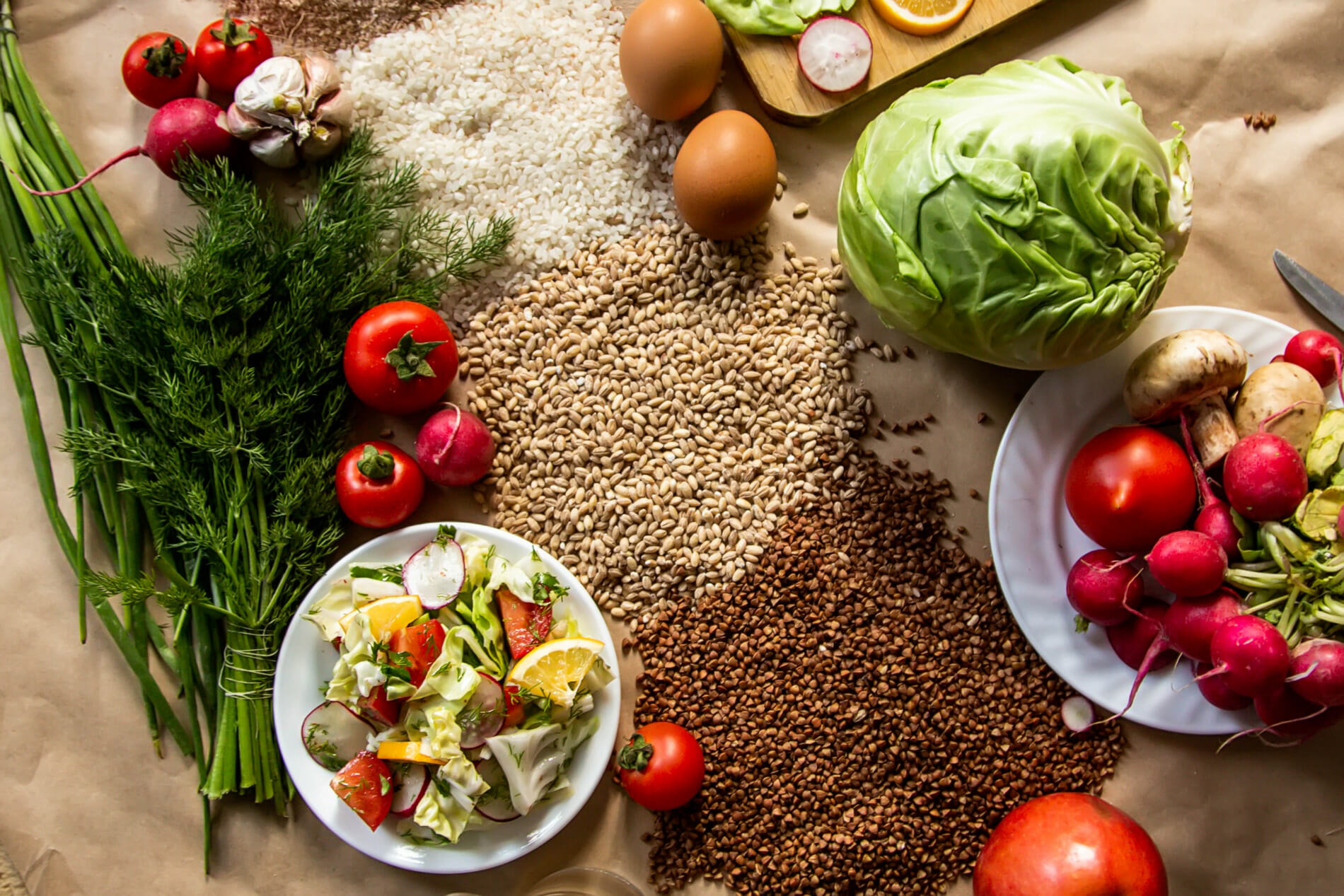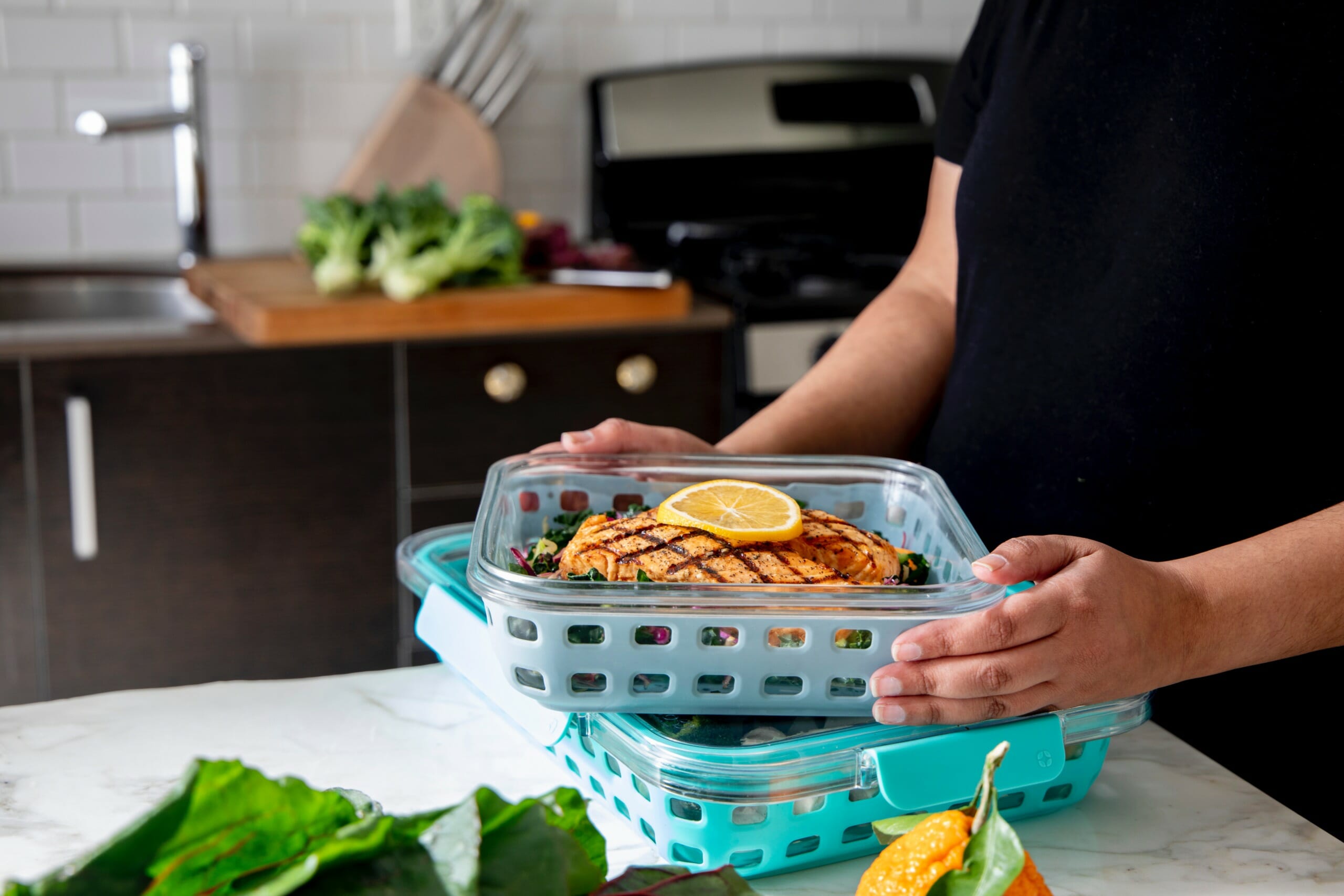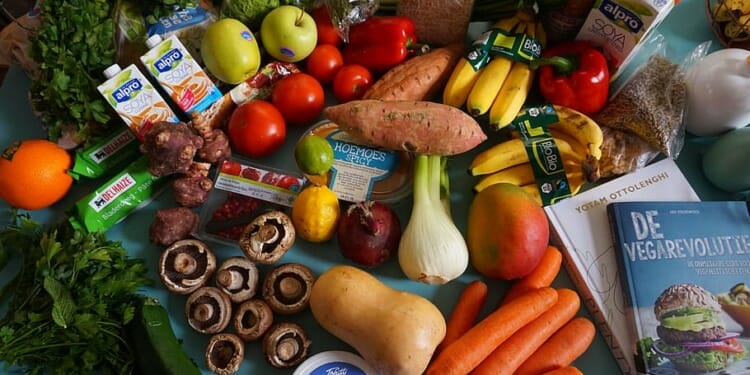After five years living a vegetarian lifestyle, making the switch to veganism was almost inevitable. The appeal of a diet that is more ethical, compassionate, and environmentally friendly has become apparent to an ever increasing number of people. The number of vegans globally has more than doubled in the last 4 years. In the the UK alone, 7.2 million adults follow a meat-free diet. The numbers continue to rise, especially among younger generations.
When deciding to transition from vegetarian to vegan, many may believe it won’t feel as drastic a change as taking that first step from meat eating to vegetarianism. After all, a typical vegetarian diet will often naturally consist of a higher variety of fruit and vegetables, but there are a few factors to consider before taking this next step.
Deficiencies
Making the switch to veganism in a safe and healthy way is paramount, so you shouldn’t feel pressured to go change you diet overnight. Thriving on a nutrient-dense plant based diet is by no means impossible as long as you’re armed with the right knowledge on what you need to be getting out of your food and how to do that.
Simply cutting out dairy products without a clear understanding of what your body needs can lead to deficiencies and health complications. So take your time to familiarise yourself with the nutrients you should be getting on regular basis. The main ones are Calcium, Vitamin A, Iron, Vitamin B12, Omega-3, Zinc, Choline, Iodine and Vitamin D. One easy way to do this is to choose a plant based milk alternative that is fortified with calcium, vitamin B12 and iodine. If not, you may want to consider supplementing your diet with daily vitamins designed specifically for a vegan diet.

Environmental impact
There are also environmental factors to consider. Today, there is a variety of non-dairy milk options on the market and choosing your favourite will come down to personal preference. But you may also want to consider the environmental footprint of each one as it will differ according to ingredients, manufacturing process, and where the product is made in relation to where you are located.
Affordability
The market for vegan products has widened significantly and become more inclusive over the last few years. Nevertheless, living a vegan lifestyle can still feel inaccessible if you’re on a budget. This is because pre-packaged food often comes with a higher price tag. Most pre-packaged vegan meals, meat and dairy substitutes, and trendy snacks are still more expensive than their non-dietary restricted counterparts. The average two-pint dairy milk costs around 80p in comparison to most plant based alternatives, which range from £1 to £3.50 per litre. To get around this, choose supermarket brand versions of non-dairy milk, which tend to be slightly lower in price. Vegan cheese options have also drastically improved but the price point is still much higher than most dairy choices, with a round of vegan camembert costing £8 on average.
Because of this, going vegan can sometimes feel like a middle class luxury. But there are many working with tighter budgets who have found ways to still enjoy an all-vegan diet. The simplest way of achieving this is going back to basics. Buying raw ingredients and making meals from scratch. Although more time consuming, it can help you achieve a healthier and more varied diet, while cutting costs. Not everything has to be fresh; dried and canned products like lentils, beans and chickpeas are all incredibly sources of protein that you can find for under £1. Making these switches will help in the long run and give you the financial flexibility to add the occasional trendy vegan treat to your shopping basket as well.

Time
Planning meals is a reliable way to ensure you’re eating a varied diet and meeting your recommended nutritional intake, but it can also help save on time spent in the kitchen cooking. Because there’s usually more work involved in putting together three well balanced vegan meals a day, especially if done from scratch, this can lead to a lot more time required cooking each day than is typically available to the average person. This can make skipping the odd meal the easier option. On average vegans skip 2.3 meals per week compared to 1.9 meals skipped by vegetarians. In turn, this can have a damaging knock on effect to meeting your daily nutritional needs.
This is why planning and prepping your meals ahead of time for the week can help significantly reduce the likelihood of this occurring. If you’re unfamiliar with meal prep it may seem daunting, a technique only used by fitness gurus and Instagram influencers. But there are lots of useful tools and apps that can make it easier for you to stay organised.
There are many digital vegan meal planners at just the click of a button nowadays. This includes, Forks Over Knives (from the makers of the infamous documentary) which features instructions on how to prep featured dishes, ingredients, prep steps and a shopping list for each meal. Veganized is another great meal planner that allows you to not only search, create, and share your favourite vegan recipes, but also keep track of your nutritional intake. If you’re looking for guidance but don’t know where to start, 21-Day Vegan Kickstart is also a meal-planning app from the Physicians Committee for Responsible Medicine
If you’d prefer something more physical to keep track of your meals, there are lots of recipe book options out there that contain weekly meal plan ideas, such as ‘Vegan Yack Attack’s Plant-Based Meal Prep’. But a simple blank meal planner diary can be just as useful.
Another easy mistake to make is to assume all meat substitutes are vegan friendly. As a vegetarian you’ll likely be familiar with brands like Quorn, but make sure you are buying the right product, as the brand does have distinct vegetarian and vegan lines. It’s important to always check the label as the vegetarian choices can have traces of egg.
Beauty products
Consider the wider implications of committing to cutting out all animal products, and you’ll find that it extends to more than just the food industry. A surprising number of skincare and beauty brands still test their products on animals and many will contain animal byproducts, so you may need to swap out the contents of your toiletry bag as well.
Honey and beeswax are both common ingredients, even in natural skincare products, and some of the other ingredients you need to avoid may not be so obvious. Lanolin, collagen, albumen, carmine, cholesterol and gelatin are all common derivatives to check for on ingredients lists. However, most brands will label clearly if they are suitable for vegans, with logos stating the product is cruelty free and vegan friendly.
In the end the most important thing is to make this change at your own pace and allow yourself time to learn. This is the likeliest way you’ll stick to veganism in the long term and not be tempted to quit. Also consider getting more involved with the vegan community as a whole, not just for the excellent recipe ideas, but for support and advice.
Editor’s Note: The opinions expressed here by Impakter.com columnists are their own, not those of Impakter.com. — Featured Photo: Vegan grocery haul. Photo Credit: Pxfuel








